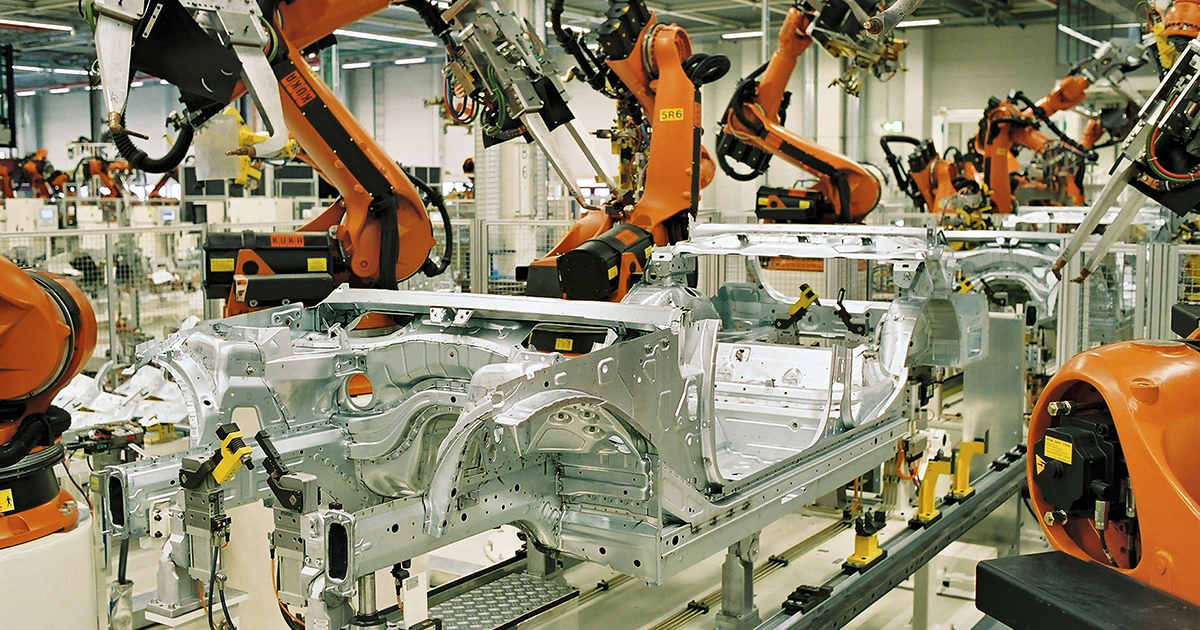
Goods and services tax in India will be very much positive for the automobiles sector as the tax regime holds the efficiency to remove the cascading effects of the current tax scheme. As Harishanker Subramaniam, national leader – indirect tax, EY mentioned that, “From a procurement point of view too, if there are interstate procurements, we suffer today at 2 percent CST which is a cost to the manufacturer, that also will not happen because those interstate procurements will have an IGST in it which is again available as a full credit to the manufacturer if the credit rules are simple and easy.”
The GST regime has created a tedious and complex environment due to numerous tax implications and strict compliance requirements. The automobile industry also has a complex structure, involving long-term investments, the development of vendor and supply chains, and categorized outsourcing processes. As a result, the introduction of GST has brought significant changes to the automobile industry.
There are certain doubts and queries which must be cleared before the application of the GST in order to spread knowledge in a detailed manner:
Q: What will be the effects on automobile prices after the GST?
A: In the present scenario, Small cars are levied at 12.5 per cent central excise duty while a 14.5-15 per cent VAT is levied by states, making the total tax sum to 27-27.5 per cent. According to the senior officials in the authority, the final slab for a particular category of cars will be 28 per cent, making it a little increase in prices. While Mid-sized cars of up to 1500 cc are imposed with a 24 percent excise by the central government and then a 14.5 per cent VAT by state governments, taking the tax calculations up to 38.5 per cent.
Q: What will be the impact on importers?
A: For the importers and dealers, there is provision for them to claim the GST given on the goods imported or sold, while in the current scenario, the importers are not able to claim the excise duty and VAT.
Q: Will the compliance in the automobile industry reduce after the GST?
A: It is expected that the overall compliance burden will decrease after the upcoming of GST and will improve efficiency better. Also, it is speculated that the logjam at the check post will be eliminated.
Q: What will be the liability under stock transferring?
A: The transferring of the vehicle from one place to another (Interstate trading) will be held liable for the GST. Even if the dealerships holding individual GST registration numbers from the same dealers will be taxed on GST in the case of transferring. While the CST is not applicable to the stock transfer.
Q: What will be the case in free service coupon vouchers issued by the dealer?
A: As per the supply rules, the GST have to be paid upon these coupons at the time of issuance, while the manufacturers state that the amount of service will be redeemed only when the customers bring the automobile for the service.
Q: Does the GST will be applicable on the advance token money received on bookings?
A: Yes, the sector avails advance token money on every unit of an automobile, in the GST structure, the tax will be accrued on the advance money received on the booking.
Q: What will be the case road tax?
A: The GST will include the road tax, as the authority has mentioned that no tax shall be given permission for a reduction from the actual value.
Q: How will post-supply discounts will be treated under GST?
A: Generally, dealers come across various post supply discounts but all of them will not be allowed for the deduction in the value if the same hasn’t been represented in the invoice of GST.
Q: What will be the impact on luxury vehicles?
A: The beneficiary of GST would be Luxury Cars, SUVs with > 1.5 Litre Engine as their prices will come down by 1% to 2% (Petrol Cars) and up to 3% on Diesel Cars.
Q: What will be the impact on passenger vehicles?
A: It will be 28 percent along with the Cess, which will take the prices slightly higher than before.
Q: How will GST impact electrical vehicles?
A: Faster adoption and Manufacturing of Hybrid and Electric vehicles in India (FAME India) is a scheme applied by the government to provide incentives and subsidies to electric vehicles. Also, it is expected that GST will raise the electric vehicle manufacturing and distribution at a positive level.
Q: How will GST affect the ex-showroom and on-road price of the cars?
A: After GST, there is an overall similar rate to be applied in the nation, while there will be a difference in the ex-showroom prices and the on-road prices of the cars. For the ex-showroom prices, it is said to be similar across the nation due to single tax rate to be applied over first stage of distribution while for the on-road prices of cars, it is subject to some change as the road tax for every state will be different ranging from 3 percent to 24 percent at max.
Q: Will there be an environmental tax in GST for heavy diesel vehicles?
A: Environment will not be included in the GST and can be charged on heavy diesel vehicles separately.
Q: What will be the changes in the price of petrol and diesel cars after GST?
A: There will be different cases for the versions of the cars. First, in the case of Petrol Cars Prices are expected to increase by 1% or so, as it is likely that GST + Additional Luxury Cess will sum up for 40% Tax. However, for Diesel Cars, the major impact will be a slight price reduction of .5% to 1%.